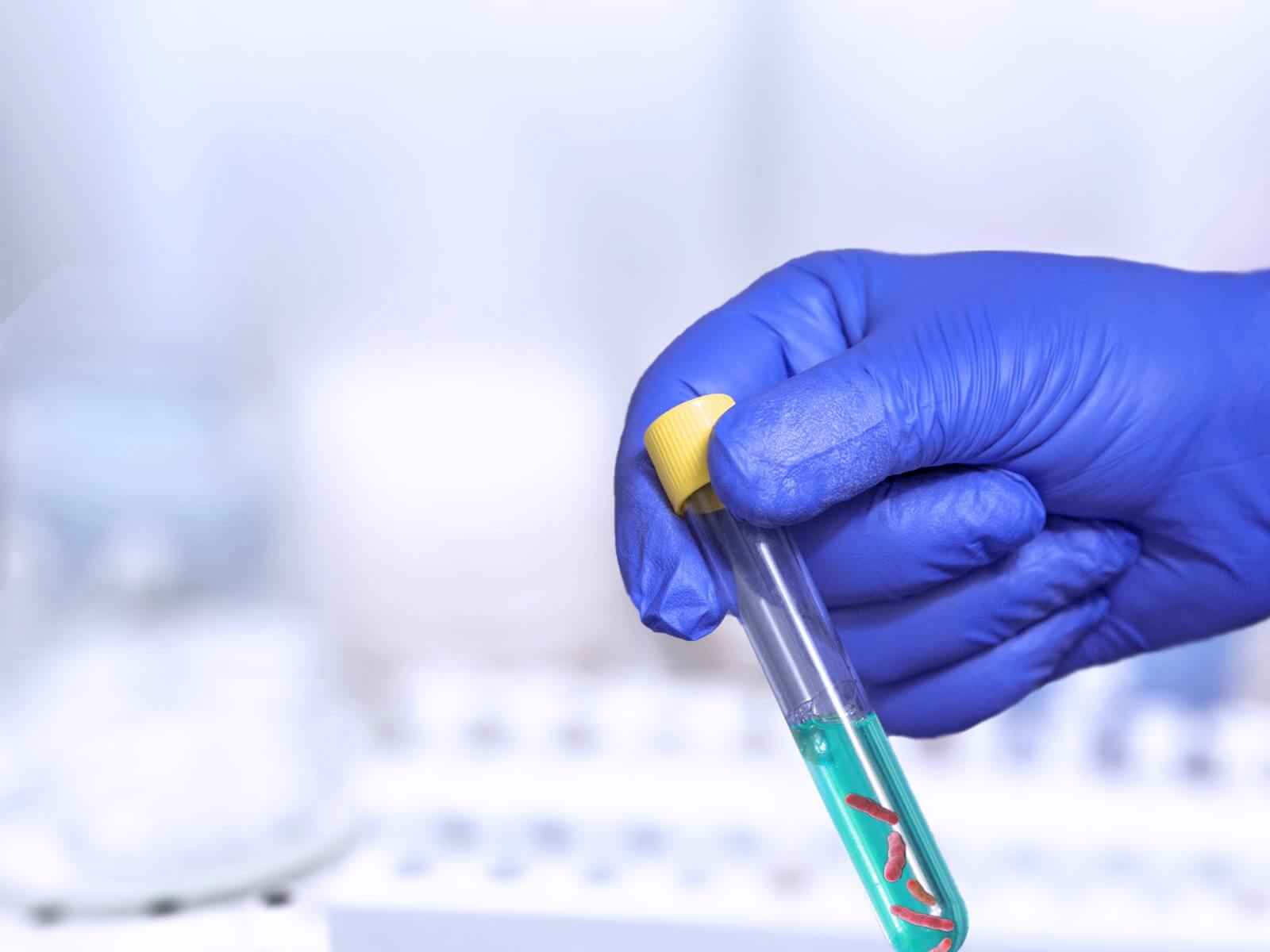
A perianal fistula is a small passage that forms between the anal canal and the skin surrounding the anus. It usually develops following an infection or abscess in an anal gland. Without treatment, it can lead to persistent pain, swelling, or discharge and may require surgery for complete healing.
You may experience one or more of the following symptoms:
The most common cause of perianal fistulas is the blockage and infection of an anal gland. Other contributing factors include:
If your perianal fistula is painful, swollen, or draining, don’t wait—effective care is available. At GastroDoxs in Houston, our specialists provide comprehensive evaluations, discuss the latest treatment options personalized to your needs, and guide you through every step of recovery. Contact us today to schedule your consultation and take the first step toward lasting comfort and a healthier life.
We've successfully treated more than 1.5K patients, helping individuals improve their digestive health and overall well-being through expert, personalized care.
With over 20 years of experience, GastroDoxs has been a trusted provider of gastroenterology care, focusing on delivering the best outcomes for patients
A perianal fistula is a small passage that forms between the anal canal and the skin around the anus, usually developing after an infection or abscess.
Most fistulas occur when an anal gland becomes blocked and inflamed. Other possible causes include Crohn’s disease, previous surgeries, or certain infections.
It may appear as a small bump, hole, or opening near the anus, often surrounded by redness and irritation, and may discharge pus or blood.
A seton is a medical thread inserted through the fistula tract to keep it open, allowing continuous drainage and promoting gradual healing.
Most patients heal within four to six weeks after surgical correction, though more complex fistulas may take longer to recover fully.
Some perianal fistulas require surgery for complete healing, but mild cases may respond well to antibiotics or other medical therapies.
You should consult a specialist if you experience pain, swelling, persistent drainage, or abscesses around the anus.
In many cases, a physical examination is sufficient. However, imaging tests such as MRI or ultrasound may be used to map the fistula tract before treatment.
Aftercare generally includes warm sitz baths, proper wound care, pain management, and regular follow-up visits to ensure healing and prevent complications.
At GastroDoxs in Houston, our specialists provide expert, compassionate care using modern technology, clear communication, and a personalized approach from diagnosis through recovery.